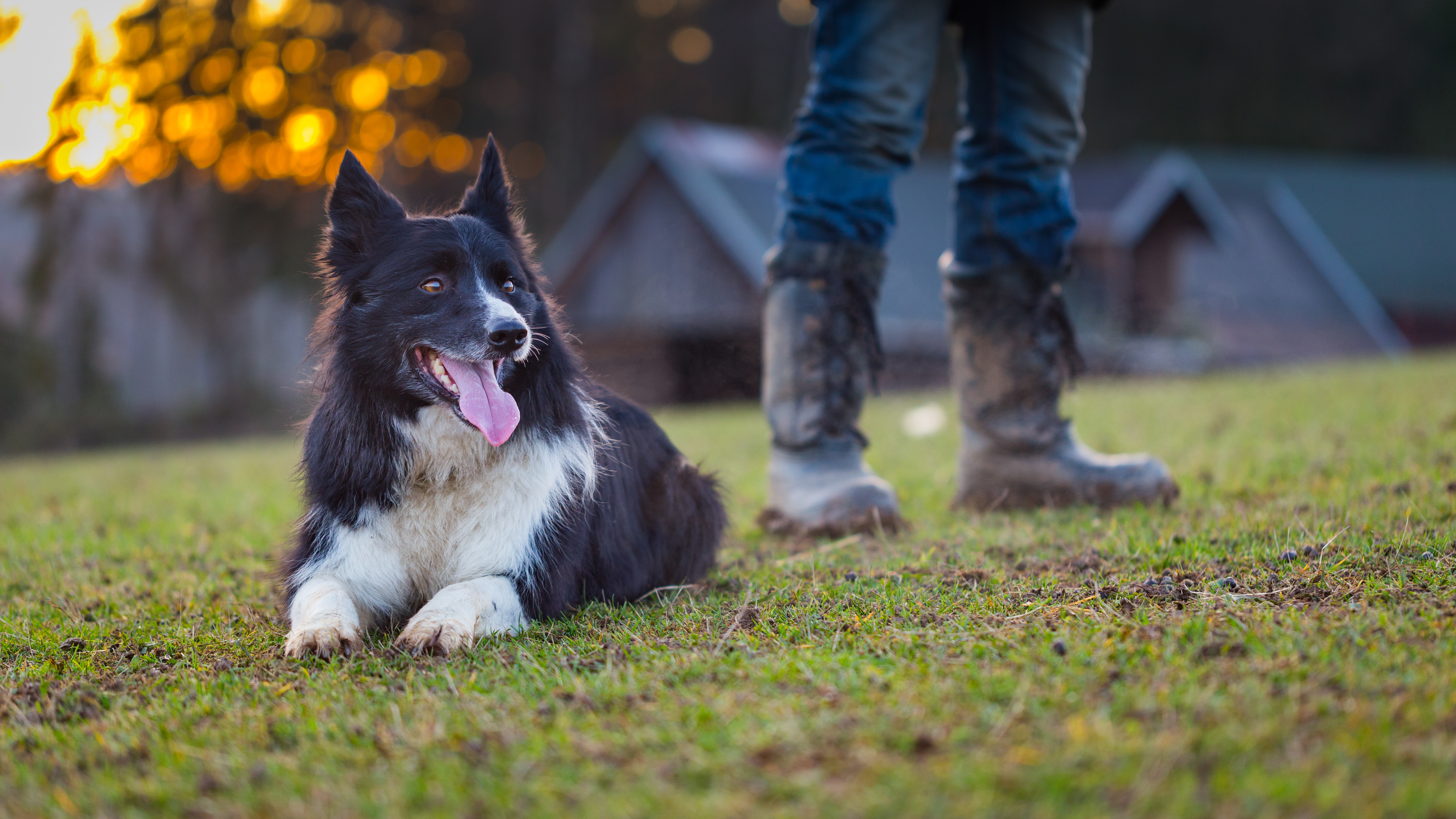Share This Article
Sahar Adatia and Jimmy Singh.
Two NSW men, aged 61 and 76, have been charged with distributing bestiality material after police removed an abused dog from their home.
The men were arrested on 25 March 2021 in Leeton in the Riverina region in south-west NSW, where they were also found to be involved with disseminating child abuse material.
According to reports, the arrests came in the aftermath of a police investigation that was launched earlier this year by detectives from the Murrumbidgee Police District.
The investigation was sparked by information relating to the alleged production and dissemination of child abuse material in the Leeton area.
When police searched the men’s home in Leeton, they discovered a dog which they believe had been abused and thus seized it, along with electronic devices.
The dog was taken into the care of RSPCA NSW, while the electronic devices were submitted for further examination.
The 61-year-old man was charged with bestiality, animal cruelty and disseminate child abuse material.
The 76-year-old man was charged with bestiality, possess child abuse material, and disseminate child abuse material.
The two men were refused bail and given court attendance dates at Griffith Local Court.
Police will allege in court the men took part in the online distribution of bestiality and child abuse material.
Bestiality is understood as the sexual penetration of an animal.
In NSW, the act is against the law.
In fact, according to section 79 of the Crimes Act 1900 (NSW), the maximum penalty you can face if you are caught is 14 years in jail.
In fact, it is also an offence to merely attempt to have sex with an animal.
This is made clear in section 80 of the Crimes Act 1900 (NSW), which sets out a maximum penalty of five years in jail for an offence.
Why Are Some People Sexually Attracted to Animals?
Bestiality, which is also known as zoophilia, typically involves recurrent intense sexual fantasies, urges, and sexual activities with non-human animals.
To date, one of the largest studies into the behaviour involved self-identified zoophiles and was published in the Journal of Sex & Marital Therapy.
In the study, nearly 1,000 zoophiles were surveyed regarding their beliefs about zoophilia and their sexual practices.
When asked what was so appealing about having an animal partner, many revealed it came down to the odour and appearance of the genitals, which they found to be unique compared to human genitalia.
For others, the allure was in the taboo nature of the behaviour.
Meanwhile, 63% of those reported having previous experience of sexual intercourse with dogs (cynophilia), while 29% had been involved sexually with horses (equinophilia).
In the 1970s, world renowned sexologist Professor John Money claimed that zoophilic behaviours were usually transitory and unravelled when there was no other sexual outlet available.
This came against Dr Alfred Kinsey’s revelations in the 1950s that claimed that 8% of males and 4% females had at least one sexual experience with an animal, with indeed a much higher prevalence for zoophilic acts among those people who worked on farms.
According to Dr Kinsey, the most frequent sexual acts that humans engaged in with animals were calves, sheep, donkeys, large fowl (ducks, geese), dogs and cats.
Nevertheless, by the 2000s, research carried out into the field had shown a very different picture, namely that the overwhelming majority of self-identified male and female zoophiles did not have sex with animals because there was no other sexual outlet, but because it was, in fact, their sexual preference.
More recently, studies show the most common reasons for engaging in zoophilic relationships include attraction to animals out of either a desire for affection, and a sexual attraction toward and/or a love for animals.
According to Dr Mark Griffiths, Chartered Psychologist at Nottingham Trent University, Nottingham in the UK, many zoophiles believe that in the years to come, their sexual preference will be perceived as no different to being gay or straight.
This is indeed problematic given animals cannot give consent – despite many zoophiles claiming the animals they have sexual relationships with do, in fact, give “consent”.
Meanwhile, with the proliferation of the internet that has brought many like-minded people together, there are now masses of websites where zoophiles chat to each other online and share their videos.
Beast Forum, for example, is the largest online zoophile community in the world with tens of thousands of members.
Questions? Get in touch with our criminal lawyers Sydney based today.
Book a Lawyer Online
Make a booking to arrange a free consult today.
Call For Free Consultation
Call Now to Speak To a Criminal Defence Lawyer
Over 40 Years Combined Experience
Proven SuccessAustralia-Wide
Experienced LawyerGuarantee
 (02) 8606 2218
(02) 8606 2218
 (02) 8606 2218
(02) 8606 2218














